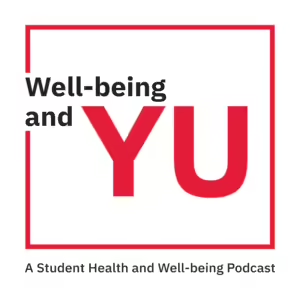
The Application Process
The application, interview, and onboarding processes are available online and easy to access.
A Few Things to Note:
- Check your eligibility before submitting your application.
- You don’t need any previous work experience to apply for Work/Study jobs.
- You might not receive an interview call for every job you apply to. However, tailoring your CV and resumé to the specific role will improve your chances.
- There is strength in numbers, so apply to as many roles as you are interested in.
Managing Schoolwork, Commitments, and Work
Balancing everything can sometimes feel overwhelming. I often found myself managing a heavy load due to my involvement in volunteer work and student organizations. What helped me the most was organizing my commitments on Google Calendar and creating daily task lists to stay on track.
I also learned the importance of not overloading my schedule and ensuring time for self-care. I’m grateful to my team for sharing the workload during peak periods, like deadlines and exams.
Pro Tip: Understand your limits and set boundaries regarding how much work you can handle. The Learning Skills Services’ time management resources are super helpful.
What is the Best Part of Work/Study Opportunities?
The best part was the team’s focus on giving us tasks that matched our studies and interests. They adapted our work schedule to align with our school commitments, and managers remained considerate during busy periods. Regular check-ins with my manager helped me balance work, school, and other activities.
Five Tips for Students Applying for Work/Study Positions
- Try to find a Work/Study position that interests you, even if it’s unrelated to your studies. You can test career options without fully committing.
- Keep an open mind about different roles. The Work/Study program offers the chance to apply what you’ve learned in real situations, and you might discover new interests.
- If you don’t have a CV or need to strengthen your existing one, the Career Centre offers helpful workshops. Check their events calendar for upcoming sessions.
- Be proactive! Tell your supervisors about the skills you want to learn so they can give you relevant experiences.
- Don’t forget to network with your instructors and peers; they might recommend you for future opportunities.
Learn more about the Work/Study program. If you’re interested in applying, check out the Careers page to learn more.
What are you waiting for? Start your Work/Study application today!
References
Deb, W. by D. (2023, December 6). What it’s like to be a work/study student. YUBlog. https://yublog.students.yorku.ca/whats-it-like-to-be-a-work-study-student


